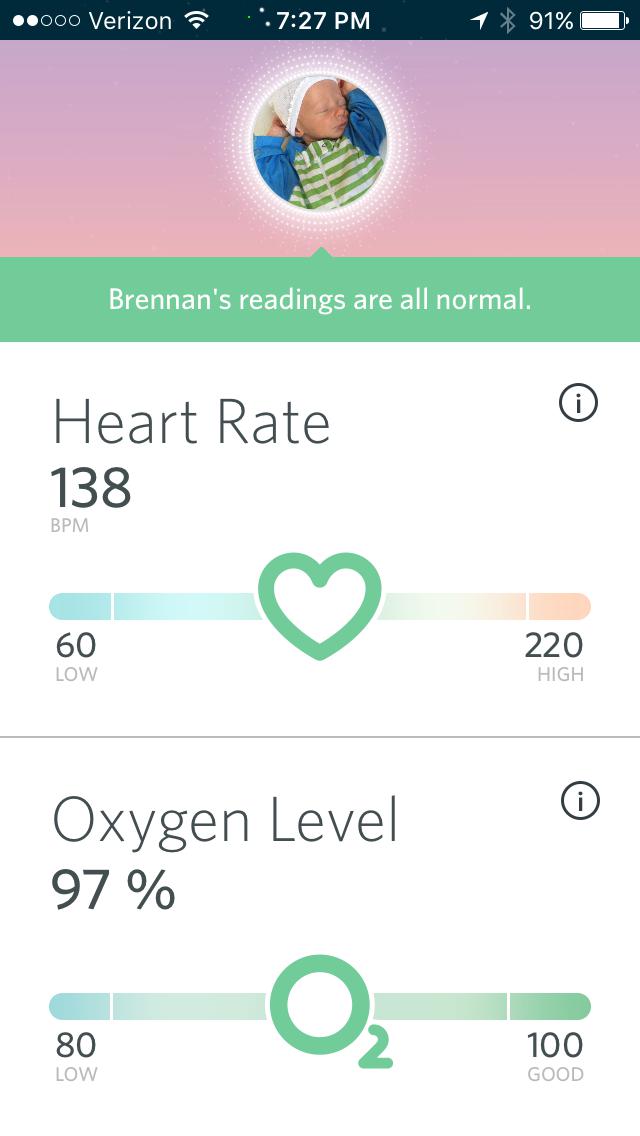“Learning new things is absolutely essential in a world where technology keeps changing,” said Dr Vinton G Cerf, vice president and chief internet evangelist at Google.
The role allows him to engage global audiences about how they can apply the transformational power of tech and the internet to their own business and economic models.
Dr Cerf was the feature speaker at the Trinidad and Tobago Chamber of Industry and Commerce's annual business meeting – Imagine that...! which was held virtually on March 26.
As the internet evolves, more changes and developments are coming, and there will be major implications for countries such as Trinidad and Tobago. Dr Cerf questioned, “What can we imagine that would transform the equation of the economy?”

Although it might seem a difficult task, he felt the first step should be to take stock and assess what resources are available − what is the state of our readiness to make use of computer-based technologies, and to make use of the global internet. What metric would we use to determine our readiness, eg, what physical facilities do we have that would enhance our ability to use internet technology domestically and globally? Beyond this, we also need to know how to use, build, maintain and operate such facilities – which automatically translates into education.
Noting that TT’s local communications capability is growing, he pointed to some of the exciting possibilities: fibre and undersea cable are rapidly evolving, becoming faster and able to carry more traffic. Orbiting satellite is another game-changer launched by companies like Starlink and OneWeb. There is opportunity to make use of ground-based resources and graduate to satellite-based communications to link with the rest of the global internet. Additionally, there is the potential of 5G and, in time, 6G.
However, our immediate goal should be to figure out how to meld all of our current capabilities together to create a comprehensive networking capability throughout the country.
He cautioned that it is not something TT could expect to do alone.
The idea of working and investing together must become a reality both domestically and globally. Priority should be given to linking the islands of Caricom together by undersea cable.
Dr Cerf said that there is a good deal of this kind of investment happening. Google is one of the companies that invested in this type of infrastructure as have other well-known technology leaders. The World Bank has also invested, for example in Vanuatu, an island of the South Pacific, to help the island chain achieve connectivity. Governments too, have an opportunity to provide services to citizens as did Estonia, which invested heavily in digitised services to its population.
Pointing out that economies are not only local but global, the implication is that use of the internet can be applied to global markets. Internet-based products and services can be delivered globally, whether it is software, services, entertainment, video, etc – anything that can be digitised can be sold in a global marketplace. With this understanding, there is a clear opportunity for TT.
Dr Cerf closed by expressing the hope that participants will engage in discussions about how to take the technologies “and put them to work for everyone in the country and for potential beneficiaries outside of the country, who will enjoy products and services coming from Trinidad and Tobago.”
The session included a panel of local industry leaders: Jean Paul Dookie of Fujitsu Caribbean, Simon Aqui of IBM TT and Darren Mohammed of Microsoft TT who all engaged with Dr Cerf to share the status of TT's readiness and their vision for the future.
The full session is available from the TT Chamber’s on-demand video library. Simply go HEREand register to view this exciting and informative signature event.









